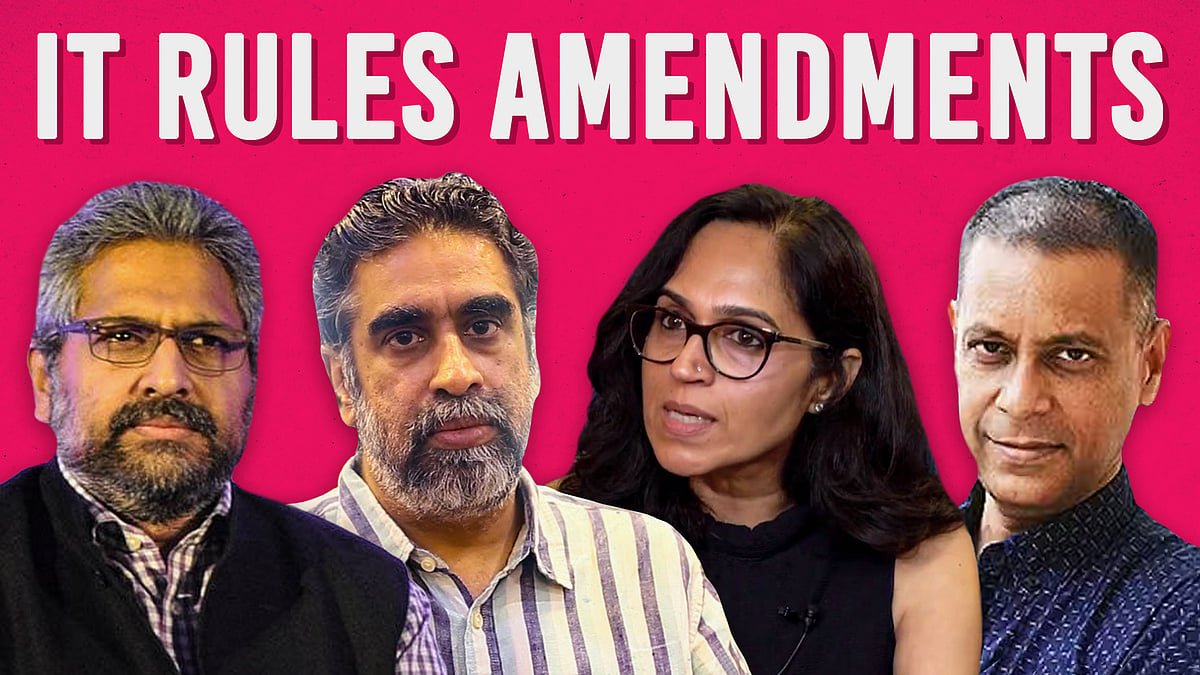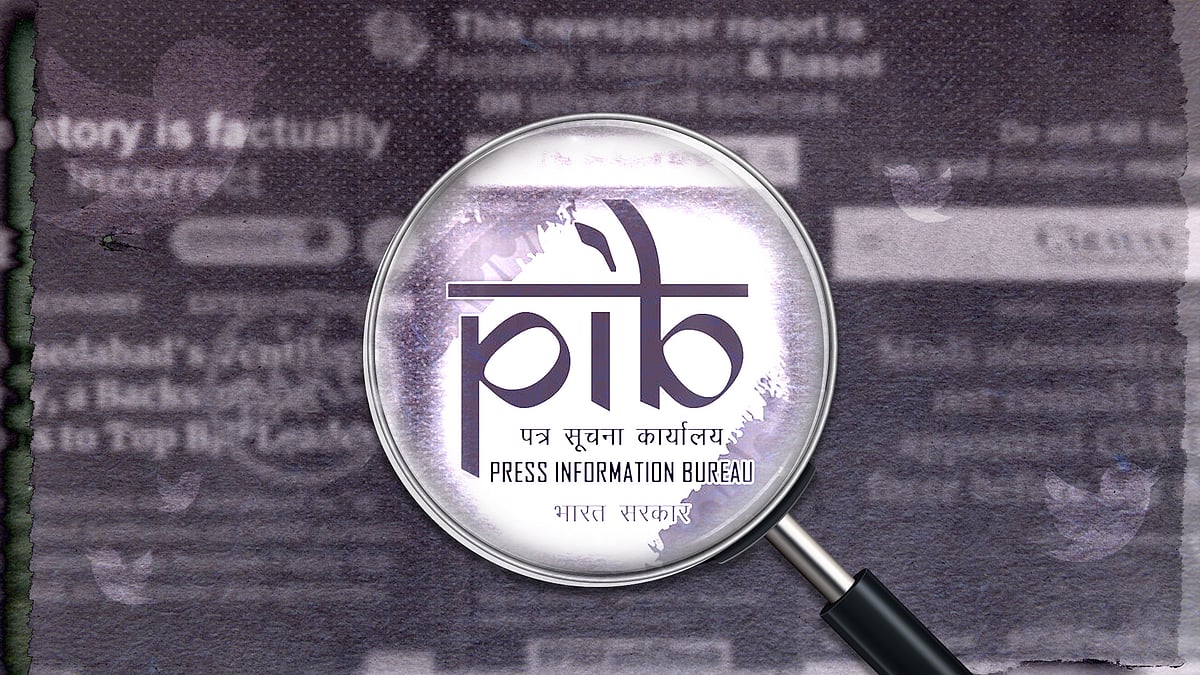‘Dwells upon imaginary consequences’: Centre’s affidavit slams Kunal Kamra’s petition against IT Rules amendment
The IT ministry accused Kamra of ‘grandstanding’ by moving the high court against the ‘fake news’ amendment.
Kunal Kamra’s writ petition in the Bombay High Court challenging the new amendment to the IT Rules, 2021 is “mala fide in nature as it dwells upon imaginary consequences”, the central government has alleged in an affidavit.
The ministry of electronics and information technology filed the affidavit on April 19 after being instructed to do so by the high court. The amendment, notified on April 6, says social media companies and other intermediaries must take down content deemed fake by a government fact-check unit.
Kamra had then moved the high court, which directed the ministry to explain why the rules should not be stayed and to “describe the factual background that necessitated the issuance of the amendments”.
In its 130-page affidavit, the IT ministry said Kamra’s petition is an “abuse of the process of law as the relief sought by the petitioner are premature”. It said it was “pertinent” that Kamra has previously “faced charges of criminal contempt for gross insinuation” against the Supreme Court. This is a reference to a 2020 case over tweets posted by Kamra.
The affidavit delved in depth into how fake news can “adversely impact electoral democracy, the economy and the social fabric”, with “potential to fan separatist movements”. It cited the Reuters Institute Digital News Report of 2021 to indicate that the “majority of news-related information” is consumed on social media – thus necessitating the recent amendment, which it said was in “public interest”.
Amazingly, the centre even cited its own bugbear, western media, to make its point. The affidavit said Washington Post had last month reported on “supporters of Indian separatists using Twitter bots to promote violence”.
The amendment says the government can specifically fact-check information “in respect to any business of the central government”. Kamra’s petition said this phrasing was “overbroad and vague”. The government’s affidavit insisted this was not the case, depending on the Oxford Learner’s Dictionary definition of the word “fact” to say a fact is something “linked to an objectively discernible truth”.
It also said its proposed fact-check unit would not target “opinion, satire or artistic impression”.
Overall, Kamra was “indulging in the act of grandstanding and trying to portray himself as a ‘future victim’, which only reflects the mala fide intention” on his part.
The government said Kamra’s petition “deserves to be dismissed on the ground that they are devoid of merit”.
Newslaundry reported in detail on the many issues with the centre’s latest amendment. Check out our stories here, here and here.
 Dangers of censorship and self-censorship: Journalists slam amended IT Rules
Dangers of censorship and self-censorship: Journalists slam amended IT Rules The embarrassment that is PIB Fact Check: Who fact-checks this ‘fact checker’?
The embarrassment that is PIB Fact Check: Who fact-checks this ‘fact checker’?
